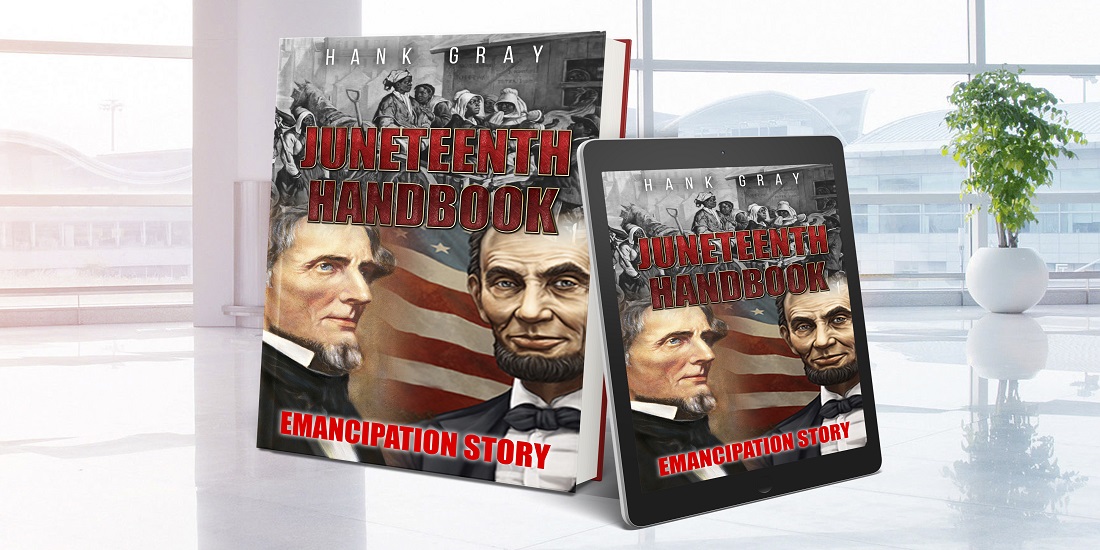Monday, September 2, 2019
The freedmen's Bureau
After the Civil War ended in 1865 March of that year marked the activation of Freedmen's Bureau. A few months later words of freedom would finally penetrated the Texas stronghold of Galveston setting off the first Juneteenth celebration in which thousands of former slaves in the south first heard the reading of General Order #3 "The people of Texas are hereby informed that in accordance with a proclamation from the Executive of the United States, all slaves are free!" When the joy and celebration of the First Juneteenth Celebration finally died down, I can almost imagine the collective Now What, that followed? The newly freed slaves in the south had no land no work and no money. They were forbidden from gather at military forts, and so no real place to go. The general understanding was that the ex-slaves should continue to toil for their former masters only this time as a paid laborers.
Talked about in congress as the bureau of Refugees, Freedmen, and Abandoned Lands, the Freedmen's Bureau was the organization put in place to help turn a former slave workforce, with no pay, into and ex-slave-labor workforce, with pay. Enacted by Congress the Freedmen's Bureau was under the authority of the War Department and intended to last the duration of the Civil War plus one year but the agency would operate a lot longer. The government set out to reconstruct the battered south where thousands of newly freed slaves and thousands of former Confederate soldiers had to find a way to live together with thousands of unhappy southern citizens who had, for the most part, lost everything.
First came the 13th Amendment that would abolish slavery everywhere in the U.S., even in the "friendly states" to the union, not included in Abraham Lincolns Emancipation. Next, came the 14th Amendment that gave former slaves, not consider to be U.S. citizens, birthright-legal-citizenship and finally there was the 15th Amendment that gave colored men (not women) the right to vote. The Freedmen's Bureau was where 4 million former slaves would learn about the new amendments and benefits available to them and help the newly freed people make the transition to paid labors, that was the plan anyway.
The reality, however, was that the government-driven southern reconstruction would slow to a crawl when southern lawmakers were welcomed back into Washington DC and began cranking out laws designed to keep the races apart. Colored people could have parks, they just had to be for color people only, unlike in the days of slavery when slaves were forbidden education colored people could now be educated and have schools, the schools, however, had to be for colored people only. Separate but equal was the justification for segregation and in my opinion, were any modern-day reconstruction finally ground to a stop. Many of the rights promised to the newly freed slaves under the constitution in 1865, would not even be available to their colored descendants until the 1960s when segregation was ended.
To this date, there is still debate as to just how effective the Freedmen's Bureau really was? The bureau's powers eventually expanded to assist people with finding family members who had become separated during the Civil War. The bureau also served as a legal advocate in the national and local court for colored people with no other means to represent themselves. The Freedmen's Bureau worked on both sides of the skin color divide to find new ways to work together as employer and employee. Sharecropping would grow from that idea, and that's a whole other post.
I think it could be said that the Freedmen's Bureau was significant became it was the first agency to show this nation's willingness to involve the government in labor relations by working to convince planters and former slave owners to rebuild and to accept their former slaves as paid laborers. The bureau was the first form of social welfare when it came to providing a place for ex-slaves to receive help with learning about the new social and educational opportunities available to them in a post-slavery America.
Under constant attack from politicians, racist, anti-reconstructionist, suffering from a severe lack of funding and pressure, mostly from white southerners, the Freedmen's Bureau was dissolved in 1872 with the institution of slavery replaced by the institution of racism and plenty of work still left to be done.
Labels:
abolitionist
 The All that Zazz Blog shares information, tips, and insights on superheroes and other greeting cards for office or home parties and celebrations that are provided by my affiliate Zazzle.
The All that Zazz Blog shares information, tips, and insights on superheroes and other greeting cards for office or home parties and celebrations that are provided by my affiliate Zazzle.
Subscribe to:
Posts (Atom)

